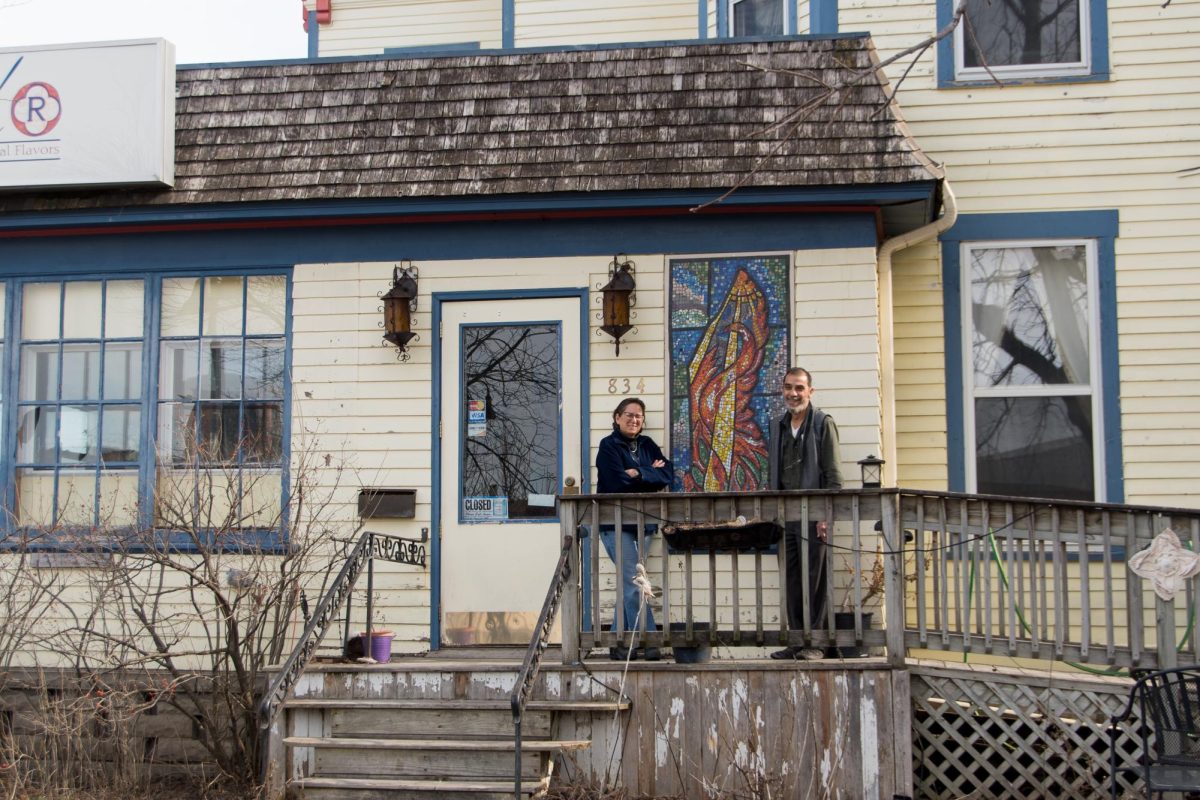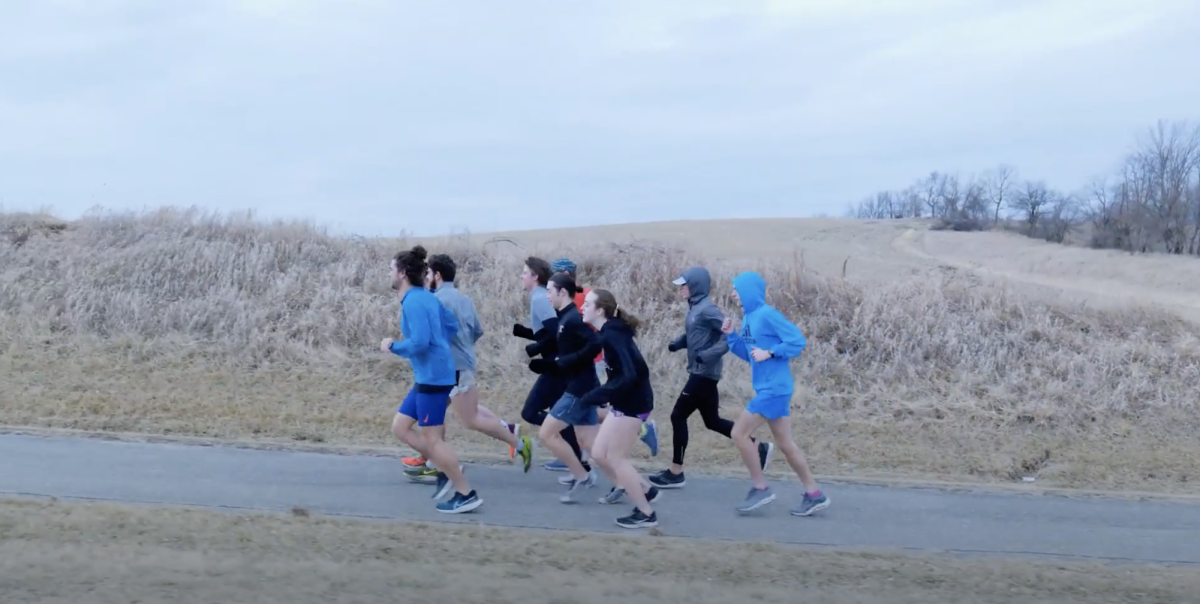There is hardly a day when we do not find the word “refugee” in the news these days. As diverse as the Grinnell community is, we aren’t as aware of this issue as we should be. This week, Philipp Gemmel ’17 shared his insight into the lives of refugees in Germany, German politics and nationalist sentiment.
Where are you from?
I’m from Gusenberg, which is in the west part of Germany.
Where is your favorite spot back home?
I like to be in a forest close to my house, it’s a good hang out spot.
If you could buy a souvenir from home, what would it be?
In my area, wine is a big thing so I’ll probably get that.
Facing the biggest influx since World War II, Germany expects an inflow of some 800,000 asylum-seekers, or refugees, this year. While new residents offer Germany an opportunity to rejuvenate its aging population and ensure its economic prosperity, they also propose a challenge to a lingering cultural consensus of what it means to be German.
“I see a lot of changes in people’s minds. People started being scared and saying things like … ‘Our kids have to be a lot more cautious [about interacting with foreigners].’ It hurts to hear something like that,” Gemmel said.
There had not been that many refugees in Gemmel’s neighborhood until late August of this year, when around 700 refugees were brought to a shelter that had been empty for 10 to 15 years.
“I have some friends who work for NGOs, what they’ve been telling me is that it’s difficult because they speak different languages and there are not a lot of people helping right now,” Gemmel said.
The decreasing participation in volunteer organizations appears to be related to the change in media coverage. The media shifted its focus from the individual lives of refugees to the bigger picture of political schemes, which impacts a more general audience.
“I think public opinion is turning more from a welcoming culture to more of a concern, and the politicians are going with that, so there are some very dangerous political things going on, too,” Gemmel commented.
On the other hand, Germany could benefit from the refugees because Germany has long suffered due to its aging population.
“The refugees would definitely help because the German population is projected to decline a lot. Looking at what would happen to my parents … or baby boomers who go out of the work force, I think refugees might solve the problem,” Gemmel said.
Also, those who criticize refugees for taking away jobs from Germans are perhaps confusing refugees with immigrants. Having to go through painstaking procedures, refugees differ from immigrants in that they have the legal standing to work in Germany. Or those critics are disguising their xenophobia as an economic concern.
“People have been shouting a [discriminatory] slogan that has been said 80 years ago. That is so concerning and upsetting,” Gemmel said.
In Austria, which borders Germany, a right-wing party has been condemned for sending anti-Islam messages. Some may see a similar trend especially in Eastern Germany, where conservative neo-Nazis are present and strong.
“A lot of the refugee homes have been burned down, before refugees moved in or even while they were in there, by neo-Nazis or by ‘worried citizens.’ But they are just xenophobic people,” Gemmel said.
Since last year, Dresden, the eastern end of Germany, has witnessed demonstrations led by an anti-Islam organization called Pegida. While their hashtag, #Pegida, apparently went viral, they have been perceived as sailing too close to the wind of racism and the group seems to be losing momentum today.
“I don’t think that the right-wing parties will be able to take over … or be a part of the government, because Germany has had history and we do know that there are certain dangers associated with right-wing parties,” Gemmel stated.
On the other hand, Germany’s cultural negotiation with its past might shed light on the immigrant issue in the U.S. differently.
“I think there’s a little bit of [a] difference, because in America, the immigrants generally are a lot closer in culture than in Germany,” Gemmel said.
Indeed, expected to reach one percent of the overall population, most refugees hold profoundly different world-views than Germans, politically and religiously. To support the long-term integration of refugees into a new soil, people may have to break free from a traditional image of Germany—fair-skinned, German-speaking and Christian, among others. The citizens of a country do not have to be native—nor should they be naïve.





















































